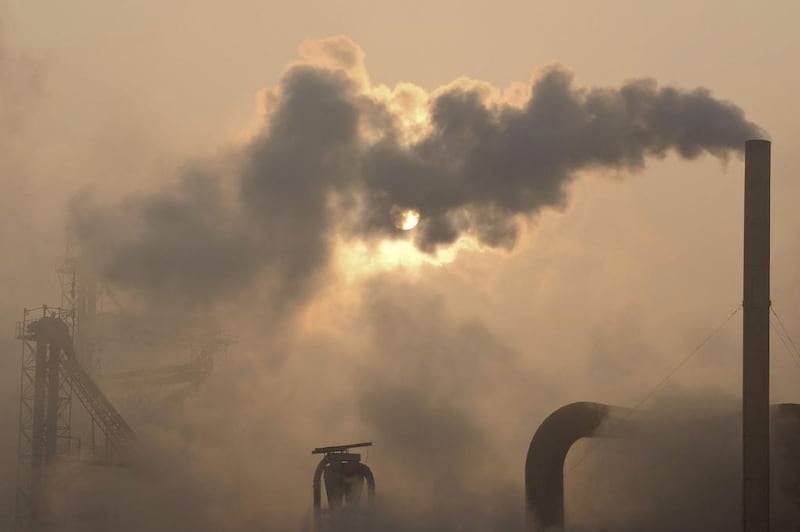The subject of climate change is never far from the headlines. This week, a panel of scientists appointed by the United Nations recommended the phased elimination of all fossil fuels by 2100. The statement raised some eyebrows and questions as to whether it is reasonable or achievable to set such an ambitious target.
Certainly, it would be foolish to ignore signs that the Earth is warming and indications that human activity has contributed to that phenomenon. But it would also be wrong to overreact in ways that could cause great harm to the global economy and our way of life.
There has been a lot of alarmist language, with one side pointing out that to stop all carbon emissions on the basis of inexact science would cripple commerce and industry, and the other side saying that not to do so would be to sign the planet’s death warrant.
In a recent Wall Street Journal article, Steven Koonin, a computational physicist who was an environment adviser to US president Barack Obama, acknowledged that humans are influencing the climate through the release of greenhouse gases into the atmosphere. But he suggests that natural climate change may have a far greater influence than human-made change and our understanding of the oceans is too poor to confidently predict how they will change and how that will affect climate. Not all agree with his thesis.
The answer to the climate-change dilemma lies in a measured approach. We need to make practical changes such as those underway in the UAE, which is introducing nuclear and solar power and other sustainable technologies, but we must also do much more research. The need to reduce our reliance on fossil fuels is acknowledged, but so too is the reality that only they can service immediate global energy needs. And one interpretation of eliminating greenhouse emissions altogether would mean eliminating all animal life, including humans.
We must adapt our lifestyles, reduce carbon emissions and attempt to preserve the rainforests that also affect climate. Above all, we must remember that we are the custodians of the planet for future generations and we have a duty to leave it in good shape.





